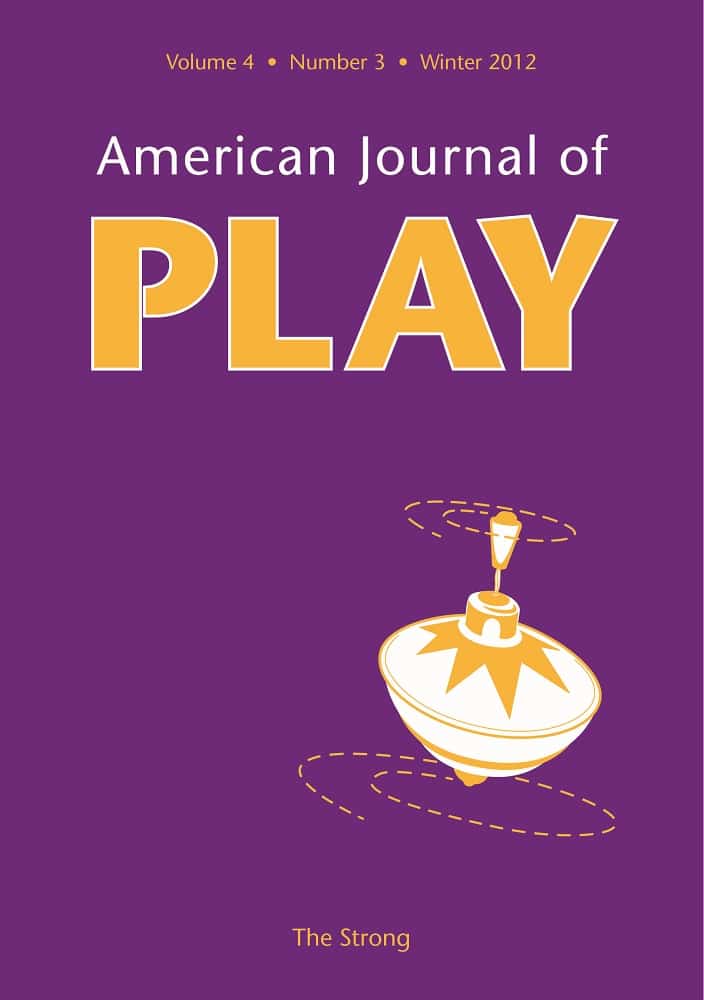Playwork, Play Deprivation, and Play: An Interview with Fraser Brown
Fraser Brown, Professor in playwork and Lecturer at Leeds Metropolitan University in the United Kingdom, has become best known in North America over the last decade for helping expose the plight of abandoned and abused Romanian orphans. Brown advocates for environmental design strategies that enrich children’s play environments, and he is the author, editor, or coauthor of a number of works, including two that are forthcoming: Playwork: Theory and Practice; Foundations of Playwork; The Venture: A Case Study of an Adventure Playground; Rethinking Children’s Play and Play and Playwork: Reflections on Practice. In the interview that follows, Brown discusses the development of playwork as a discipline, a child’s inherent right to play (and the consequences of denying that right), the challenges of the noninterventionist approach, and the inventive, exuberant games he observed among Roma children in small villages in Transylvania. Key words: play among Roma children; play deprivation; playwork; Romanian orphans





